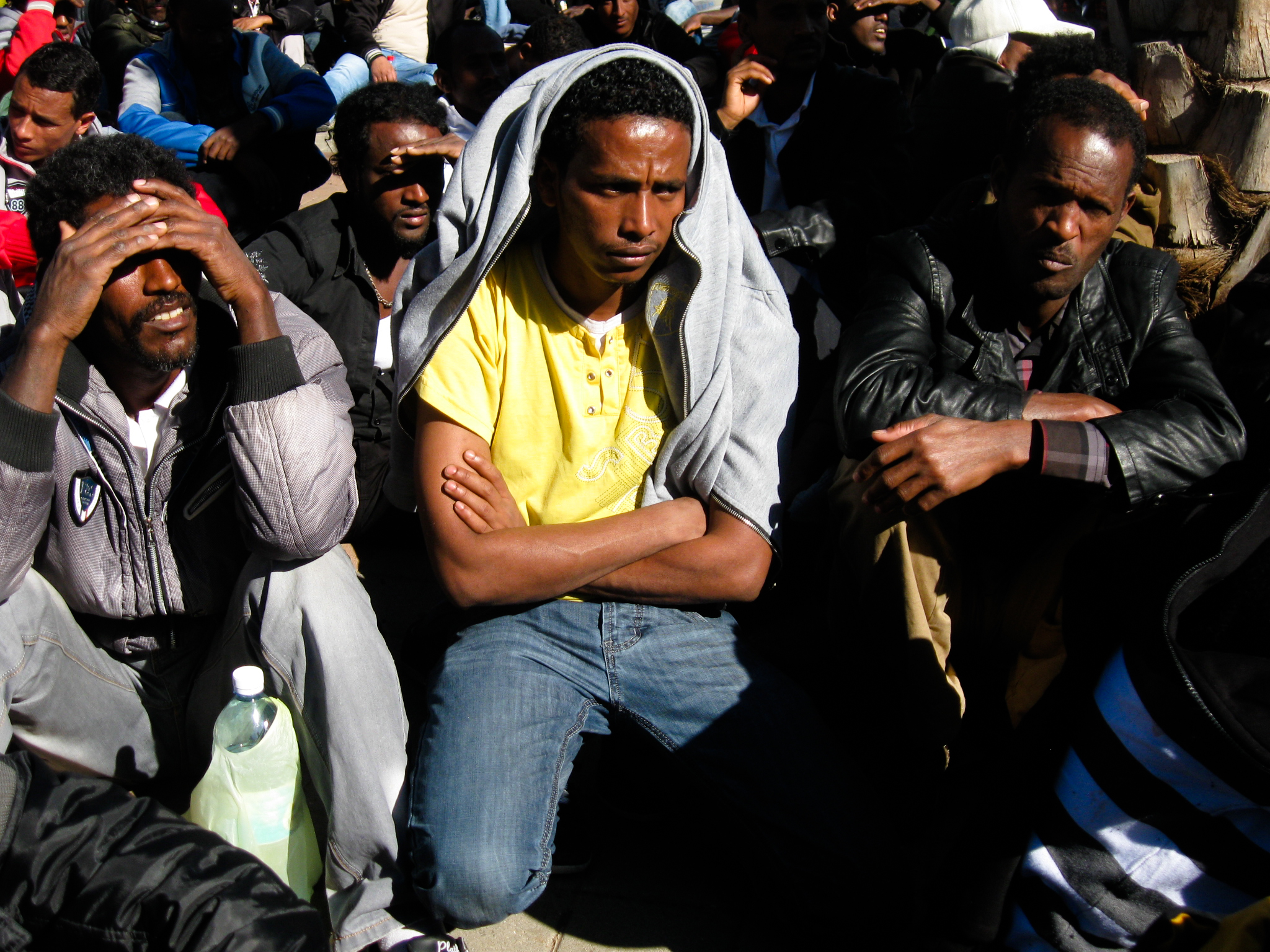KilroywasNOTHere
"BEEP!"
I think you are conflating racism, especially among Arabs and Persians, with the religious dictates of Islam. Much like Christianity, Islam in theory holds every believer as equal under god. In fact, I would argue that Islam as a religion is actually less hierarchical (in doctrine anyway) than Christianity (in general). If you convert to Islam, all Muslims are supposed to treat you as a brother/sister under god.
In practice, yes, there is serious discrimination and racism in most Islamic countries. But lets not pretend that Christian nations didn't (and don't) do much the same. Religion is an excellent way to justify racism whether you are discriminating against Arabs, Irish, Italians, African Americans, or any other ethnic group that is primarily of a different religion or race.
The Sunni/Shia divide is no more (or less) bloody than the Catholic/Protestant divide. The Sunni/Shia issue has just been going on for about 500 years longer.
notice how I mentioned radical islam and I did point out that there were Christian Fringe groups. Difference is there hasn't been a major open conflict between Catholics and protestants for several centuries. Meanwhile the middle east hasn't stopped being in conflict. A religion can be whatever it wants on paper, but when it comes to actual fruits, all factions in the middle east have been cherry-picking their religion to justify their hatred towards each other and fueling their conflicts. the rest of the world is watching shaking their heads as the middle east tears itself apart over rivalries that have been going on for the past 1000 years and counting.
Last edited:


